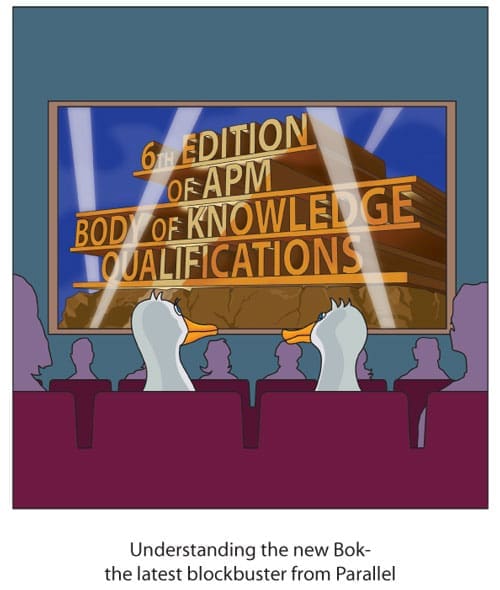There are many different project management courses you can take on your route to the top of the project management career path. One of the most popular and beneficial courses that most successful project managers take is the APM PMQ qualification. If this is the path you have decided to go down, you will want to pass your exam at the first attempt. Who wouldn’t? Of course, this is often a lot easier said than done, but here are some tips that should help you out.
Have a schedule or a plan
You would not get in a car and start driving to a place you have never been before without a sat nav or directions, would you? So, why should studying be any different? In order to get to your desired destination, you need to plot how you are going to get there. A study plan is like your roadmap. It ensures that all of the new material does not overwhelm you and that you can get to where you are aiming to go.
Master the APM Body Of Knowledge
Published by the Association of Project Management (APM), the APM BOK is the most useful resource when attempting to pass this exam. There are plenty of different books and resources on the market, but you will struggle to find a better one than this.
Don’t just rely on the APM BOK
Not that we want to contradict ourselves, but while the APM BOK is amazing, it is not designed to be the sole focus of your attentions. The best preparation is varied, and this is why you will need to refer to other resources and study guides in order to pass your APM PMQ exam.
Take practice tests
It is vital to do as many practice questions as you can while studying. However, it is also important to write practice APM PMQ exams too. You can use old papers to create a mock exam environment. This is a great way to help you get used to the time limit and get a feel for what the actual exam is going to be like.
Manage your time well
Not only do you need to manage your time well while you are studying, but you also need to manage your time effectively during the APM PMQ exam too. This is where the practice tests come in really useful. You are going to have around 1.2 minutes to answer each of the questions in the exam paper. However, you will want to give yourself time to look back over the paper, so the best approach is to dedicate a minute per question so that you have some time to go back over the exam paper at the end.



